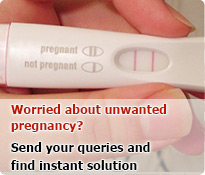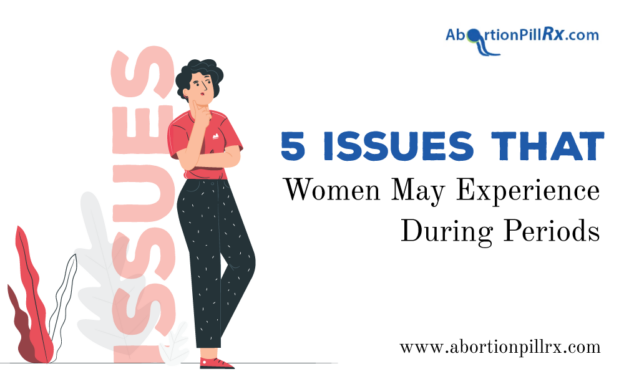Having a period is a common experience for every woman in her life. After you hit puberty, the hormonal changes in the body prepare you to conceive. It can start when you enter your teenage years or sooner. A period can tell several things about your health. For instance, if you are sexually active, then missing a period may be a sign of pregnancy. A simple pregnancy test at home or a clinic can confirm the result.
Or, if there are issues such as heavier blood flow, too much pain, and cramps, irregular periods, eating and mood disorders, acne, bloating, etc. then you may want to get a detailed analysis of your health by seeking professional advice. While coming across some of the uncomfortable symptoms during periods is normal, there are certain common period problems you should be aware of.
Delayed Periods
Do you lose track of your period every month because the bleeding does not start on an expected date at every menstrual cycle? A delay in the period is not good news. It can indicate a gynaecological problem or there is nothing wrong at all. But it can also mean you are pregnant if you skip a period. When counting the menstrual cycle, start from the first day of a period to the first day of the next period. The cycle lasts for 28 days on average. But it can vary between 21 and 35 days as well.
But when the periods are irregular and delayed, the menstrual cycle can stretch beyond or happen sooner than the said number of days. There are several factors behind this, such as body weight, illness, diet, stress, and other disorders. Ovulation can go haywire sometimes with the ovaries releasing a mature egg halfway through the cycle.
Nausea
Post Menstrual syndrome can bring some changes in your body, that you are not prepared for. And this includes the tendency of vomiting or nausea. Prostaglandin is a hormone that the body produces more during periods. This hormone helps in shedding the endometrial lining. But prostaglandins can also in the process, get into the bloodstream. And this may result in symptoms such as headache, nausea, diarrhoea, and vomiting.
If you are feeling nauseous, then do consider over-the-counter medicines such as naproxen or ibuprofen. These medicines may lower prostaglandin production and keep a check on any odd symptoms associated with periods. But if you have any pre-existing health issues, then do not take any new medicines without consulting your physician.
Cramps and Pain
Ever wondered about the reason for sharp aches in the lower abdomen and back during periods? It is because the uterine muscles tighten and relax to let out the blood. Cramping is a common symptom during menstruation and it can begin any time before the period. For some, it happens for the initial days while for others, it can stay throughout the end. It is normal to experience mild cramps.
However, intense cramping can cause serious pain and for which, pain relief medicine is an option. You can even soothe over a heating pad or a hot water bag. If the pain is unbearable and you think there is something amiss, then do not avoid it, but consult your gynecologist.
Large Clots and Heavy Bleeding
Initially, the blood flow at the start of the period is light. Then it begins to get heavier before reducing gradually toward the end. However, the pattern of bleeding can differ from one month to another. Small clots of blood are expected at this stage. But for some, large clumps of clots can make the periods of the monthly cycle a nightmare. As the blood moves out from the vagina, your body does release anticoagulants to deter the blood from clotting.
But since the flow is constant, the added cramping and heavy bleeding may win the race compared to the body releasing the anticoagulants in time. In each period, blood loss can vary between 2 to 4 tablespoons. You may find changing tampons or pads every 2 hours or more. Speak to your physician in case you are changing out in less than 2 hours every time or passing out quarter-size or so clots.
Mood Swings
The hormones go through a turbulent ride during periods. This can result in mood changes often. So, you may feel extreme emotions, which you may otherwise not have on other days. There are times when women feel angry, emotional, vulnerable, anxious, and stressed in this phase. Such feelings do not have any valid explanation, but it is the hormones that are the culprit. You may feel drawn to something, and then feel averse, happy, and then the next moment, sulking at a corner.
You cannot control mood swings in periods. But to reduce the impact, do try to get sufficient rest and sleep. Do not eat unhealthy food and binge on alcohol and caffeinated beverages. Staying active and keeping busy with something that you enjoy can divert your mind. If you feel agitated by a situation, move away from it.
To Conclude
Do not worry about disturbing symptoms during periods. Some of these are normal and go away as the periods end. But if these are too bothersome or you think medical attention is necessary, then your obstetrician or gynecologist can help.




